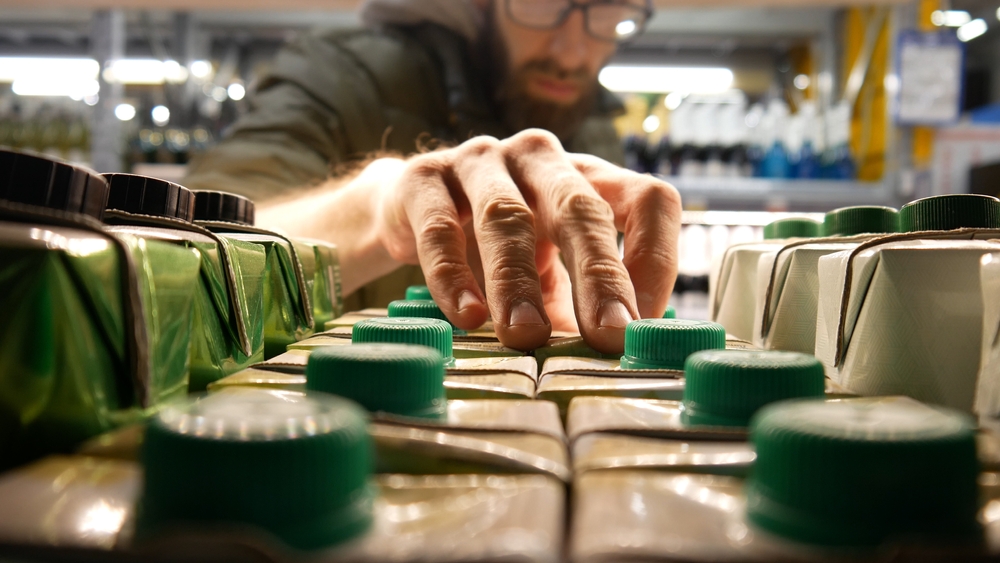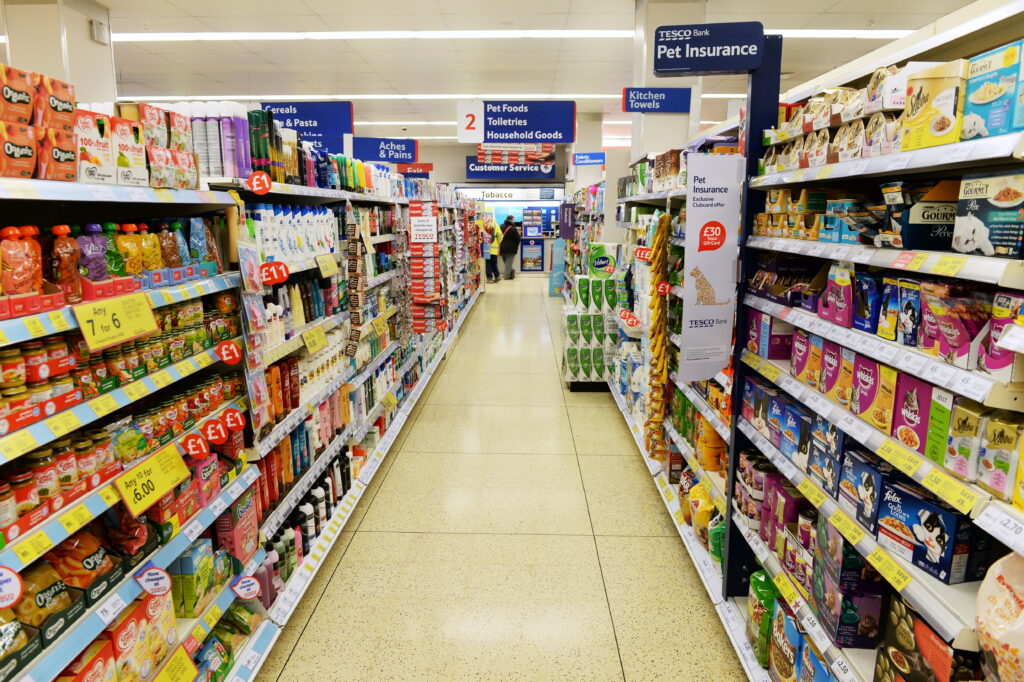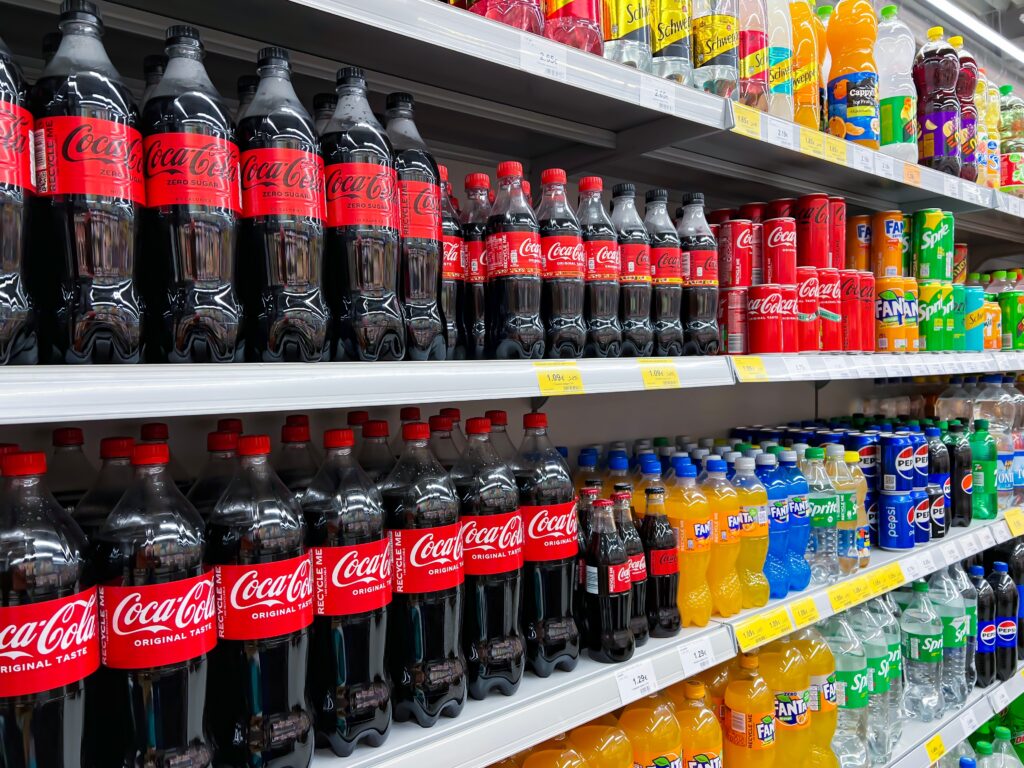The survey, led by Tetra Pak, has revealed that three out of five commitments made by business leaders to address sustainability challenges include the reduction of plastic usage. The research examined food and beverage manufacturers’ attitude to sustainability both now and in five years’ time.
‘Main catalyst’
Half of the surveyed businesses pinpointed consumer demand as the “main catalyst” behind implementing sustainable solutions. This correlates with a previous Tetra Pak study, which found that the intention to buy among 74% of people would increase if the brand talked about environmental topics. 42% of those same people believed that an “environmentally sound package” justified a higher price.
77% of businesses expressed a willingness to accept cost-related trade-offs associated with the implementation of sustainable manufacturing and processing solutions, despite the industry facing ongoing macro-economic challenges.
‘Surge’
Tetra Pak has said that business’ focus on environmental impact is “seemingly at a tipping point”, with the urgency to adopt practices that decarbonise the world’s food systems predicted to surge by 10% in the next five years, from 49% to 59%.
When asked how packaging and processing suppliers can contribute, 65% of companies identified the importance of new product developments, confirming the critical role played by innovation.
‘Critical moment’
Gilles Tisserand, vice president climate and biodiversity, Tetra Pak, said: “The food and beverage industry is at a critical moment, rethinking its way of doing business to help address the climate emergency and dealing with the inevitable impact this has on their operations and solutions.
“They are looking to suppliers to help them thrive in an increasingly competitive market, and we remain committed to playing our part, keeping the innovation engine running to develop new research, collaborative ecosystems and product offering.”
He continues: “Our innovation pathway is driven by renewability and recyclability, ensuring the decarbonisation and circularity of materials and addressing the need for sustainable food packaging.
“You only need to look at the fact that we sold 46% more packages made with plant-based polymers in 2023 compared to 2021 to see that the industry is committed to change.”
To find out more about changes in the sector, visit the National Letsrecycle.com Conference on 6 June at QEII Centre in London. To book tickets to attend or for more information please click here.









Subscribe for free